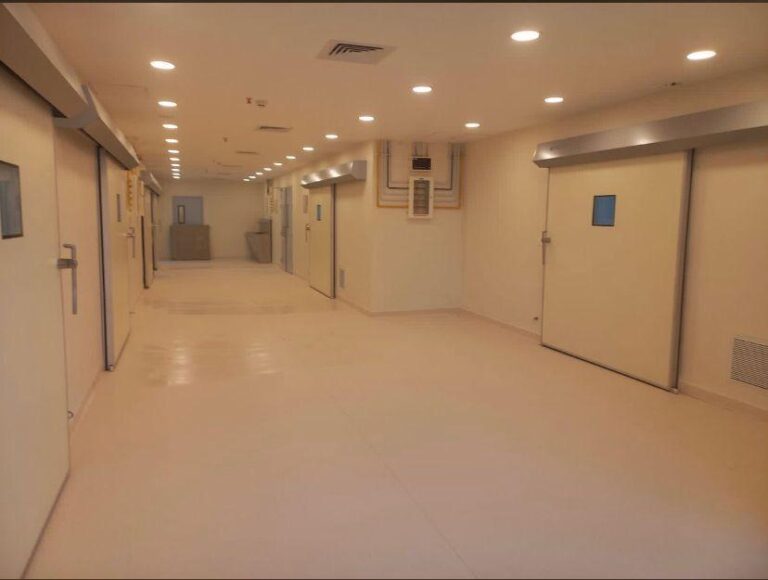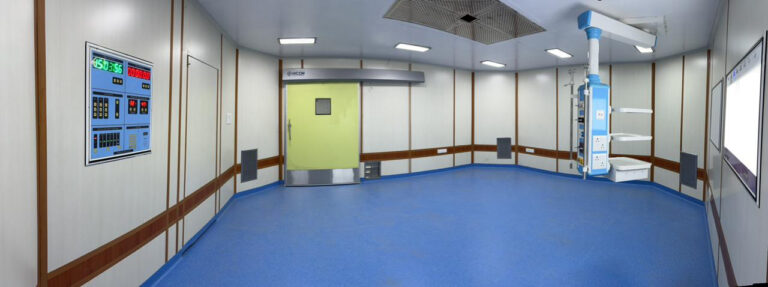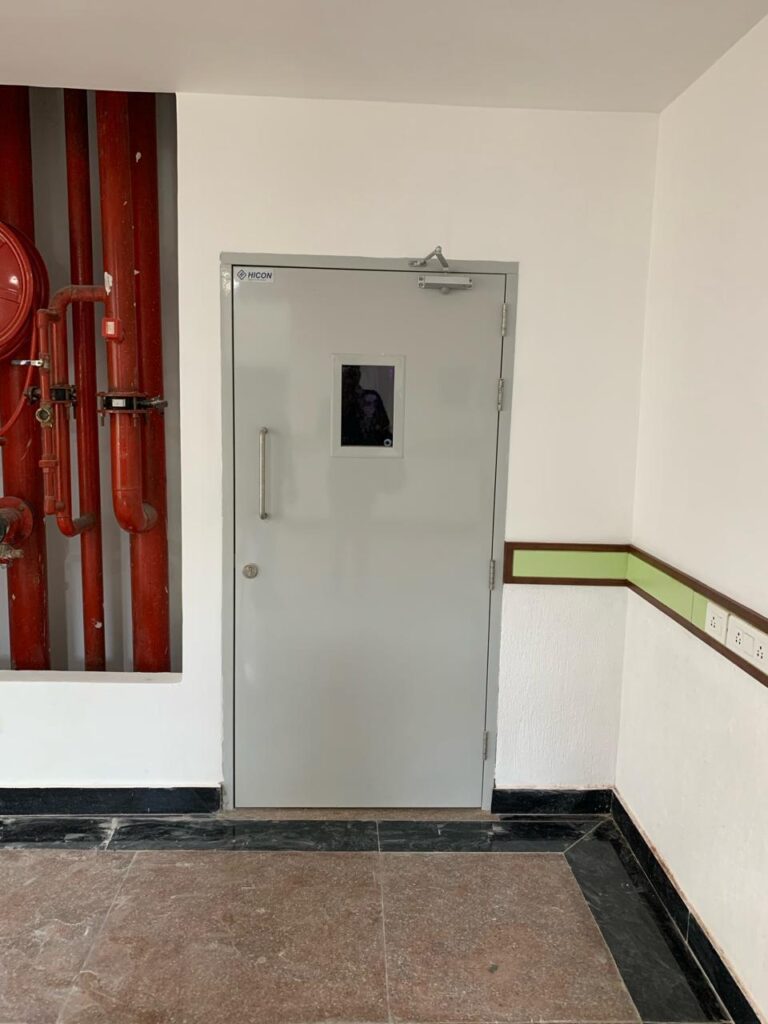In the fast-paced environment of modern healthcare facilities, efficiency, hygiene, and patient safety are paramount. Every component of a hospital or clinic, from medical equipment to infrastructure, plays a vital role in achieving these goals. Among these components, medical sliding doors have emerged as essential elements that enhance functionality, streamline operations, and ensure a safe and sterile environment.
Enhancing Accessibility and Space Efficiency
One of the most significant advantages of medical sliding doors is their ability to save space. Traditional swing doors require ample clearance for opening and closing, which can be a limitation in crowded hospital corridors or compact patient rooms. Sliding doors, however, operate along a fixed track, allowing for smooth, unobstructed movement. This design is particularly beneficial in areas with high foot traffic, such as operating rooms, intensive care units (ICUs), and emergency departments, where every second counts.
Moreover, sliding doors improve accessibility for patients using wheelchairs, stretchers, or medical carts. With automatic sensor-operated models, healthcare staff can open doors hands-free, maintaining sterile conditions while facilitating rapid movement of patients and equipment.
Maintaining Hygiene and Infection Control
In healthcare environments, hygiene is a non-negotiable priority. Medical sliding doors are designed with materials and mechanisms that support stringent infection control protocols. Many doors feature antimicrobial surfaces that resist bacterial growth and reduce the risk of cross-contamination. Additionally, automatic sliding doors minimize the need for physical contact, preventing the transfer of pathogens via door handles—a common source of hospital-acquired infections.
For sensitive areas such as operating theaters or cleanrooms, airtight sliding doors help maintain controlled environments by limiting exposure to external contaminants. The integration of seals and precision engineering ensures that airflow and pressure differentials are maintained, contributing to a sterile and safe environment for both patients and medical staff.
Improving Operational Efficiency
Hospitals and clinics require rapid and seamless movement of patients, staff, and equipment. Medical sliding doors contribute significantly to operational efficiency by enabling smooth transitions between different areas. For instance, in emergency rooms, these doors allow medical personnel to move patients on stretchers quickly without obstruction. Similarly, in operating theaters, sliding doors can support workflow by reducing delays caused by manual door operation.
Automatic sliding doors can also be integrated with hospital management systems, allowing controlled access to restricted areas. This ensures that only authorized personnel can enter sensitive zones, enhancing security while streamlining internal operations.
Aesthetic and Psychological Benefits
While functionality is crucial, the visual appeal of healthcare facilities also plays a role in patient well-being. Modern medical sliding doors are designed to blend seamlessly with hospital interiors, offering a clean and contemporary look. Transparent or semi-transparent panels allow natural light to flow into corridors, creating a welcoming and less intimidating environment for patients and visitors.
The quiet operation of sliding doors is another understated benefit. Unlike traditional doors that may slam or create noise, modern sliding doors operate silently, reducing stress for patients and creating a calmer atmosphere conducive to healing.
Conclusion
In summary, medical sliding doors are far more than just structural elements in healthcare facilities—they are essential tools that enhance accessibility, maintain hygiene, improve operational efficiency, and contribute to patient comfort. As hospitals and clinics continue to modernize, the adoption of high-quality sliding doors is becoming a standard practice, reflecting a commitment to safety, efficiency, and patient-centered care.
For healthcare facilities looking to upgrade their infrastructure, investing in reliable and advanced medical sliding doors from trusted suppliers like HIKOM International LLP ensures long-lasting performance, compliance with hygiene standards, and a modern aesthetic that benefits both patients and staff alike.



